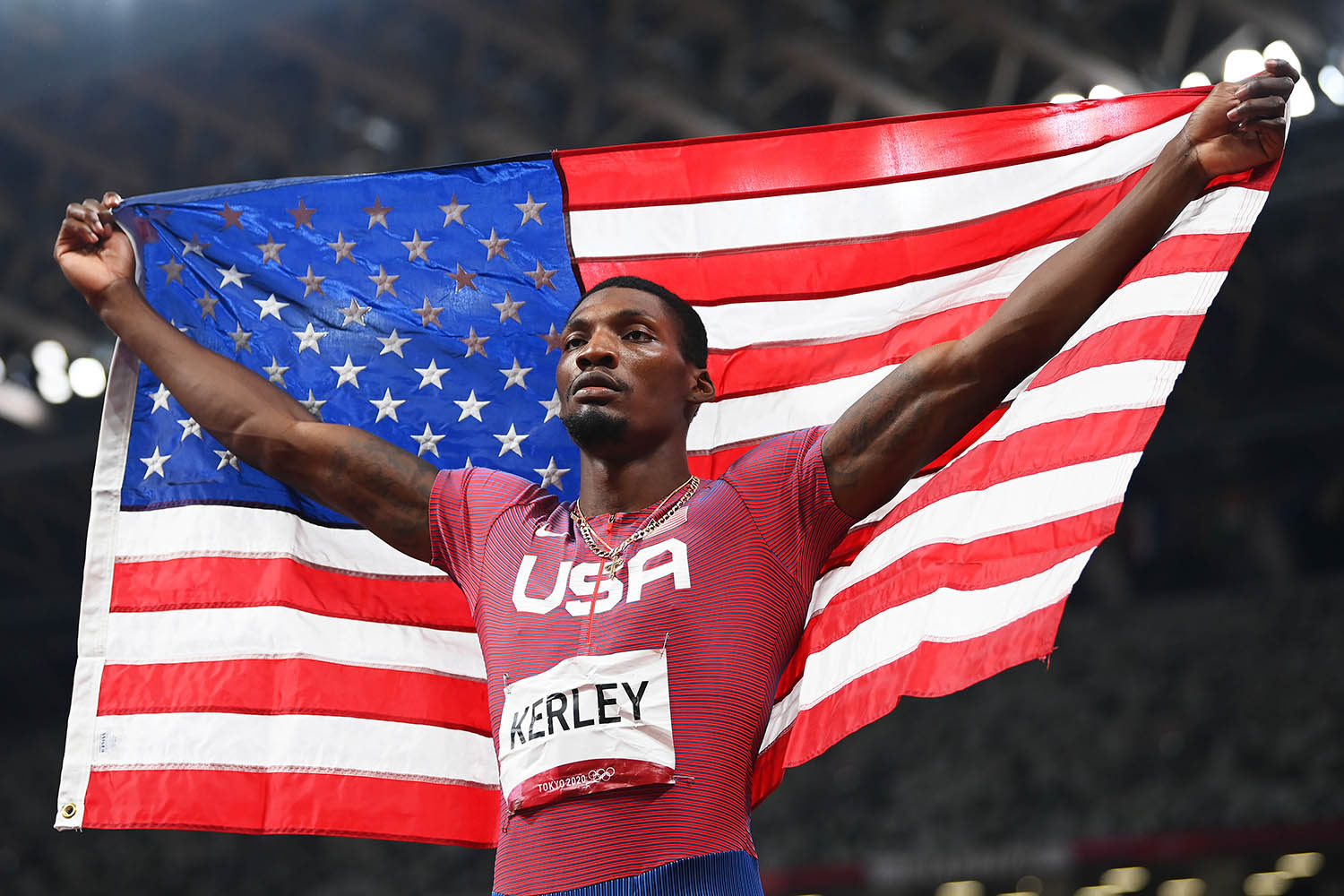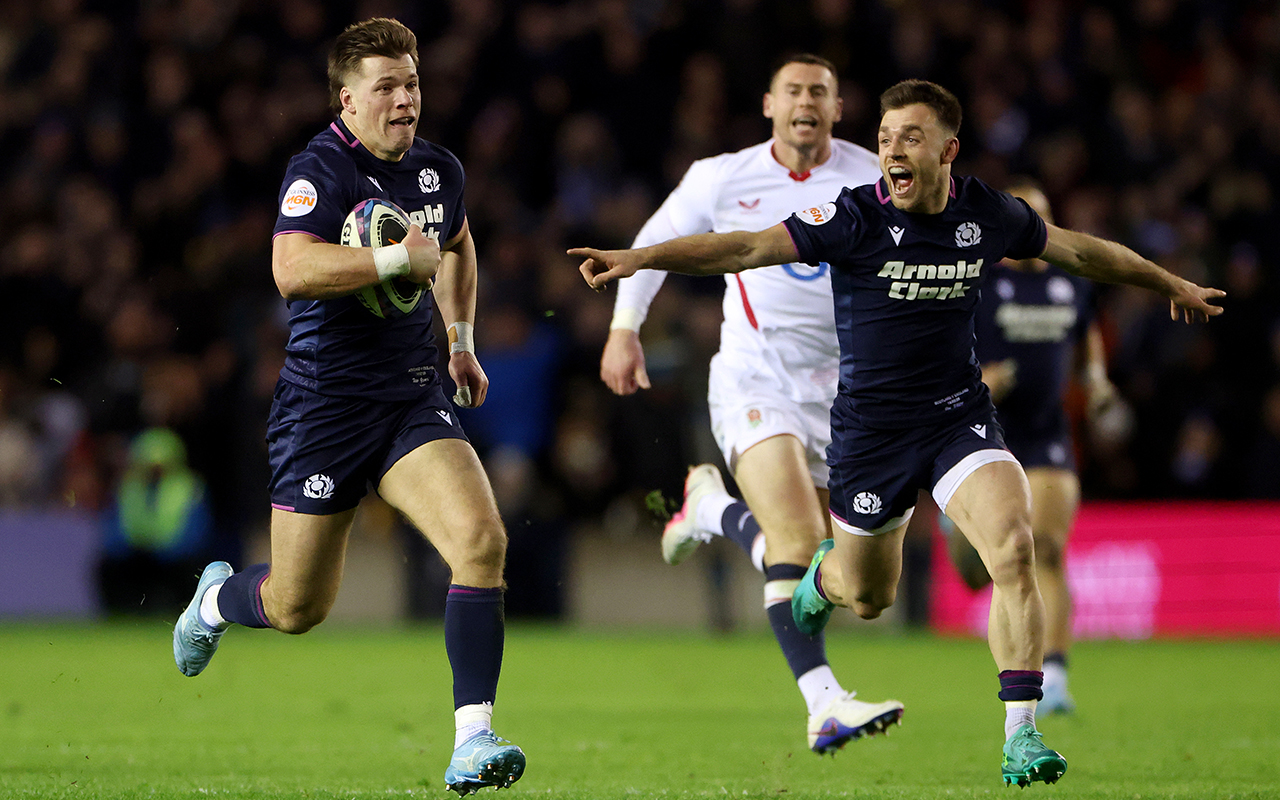Cut through the trite statements about scientific advancement, body autonomy, and a “mission to build superhumanity”, and the Enhanced Games – effectively a drug Olympics, where doping is encouraged – boils down to one thing: money.
It is evident in its Victor Frankenstein entrepreneur founder, and his cohort of venture capitalists, who have thrown their millions behind the grotesque product. It is there in the “enhanced testosterone protocol” already being flogged on the organisation’s website to anyone willing to pay $19 (hurry, because there are supposedly “less [sic] than 15 spots left!”).
It is there in the gaudy Las Vegas location for next year’s inaugural event, which is due to feature swimming, athletics and weightlifting. And it has not been hard to identify in the justifications of the two most high-profile sporting figures to have jumped ship from the mainstream to join the laboratory experiment over the past week.
“There’s a huge financial incentive with this and I would be lying if I said it didn’t matter,” said British swimmer Ben Proud, a former world 50m freestyle champion and current Olympic and world silver medallist. “It’s just such a different ballpark financially.”
American sprinter Fred Kerley was rather more blunt. “Laughing all the way to the bank,” stated the double Olympic 100m medallist and former world champion. “I’m richer than I’ve ever been.”
In stark contrast to their multi-millionaire Premier League footballer counterparts, remuneration for even the best Olympians, who dedicate every waking and sleeping hour – not just their working lives – to their sport is pitiful.
Proud, who is approaching the end of his career aged 30, has suggested it would take 13 years of world titles to match what he can make in one year with the Enhanced Games, where event winners will claim $250,000, plus a $1m bonus for breaking (albeit, unofficially) the world record. Add vast signing-on bonuses for the likes of Proud and Kerley, and the financial lure is appreciable. Trashing a legacy commands a high price.
Proud has stuck to the line that he does not yet know if he will even take performance-enhancing drugs, but that if he does then he has “access to some of the greatest specialists out there”. The Enhanced Games’s abundance of healthcare professionals, doctors and scientists mean those who commit will benefit from elite medical supervision.
But what about the rest of us? What of the young swimmer who watches her idols compete in Sin City and decides to emulate them by injecting herself with steroids in her own bedroom? What of the old runner who doses up on stimulant pills over breakfast before heading out to challenge his best 5km time?
Those options have always been available, but never before have people been explicitly told that it is good to do so; encouraged to put their health at risk in the bogus name of human advancement.
Newsletters
Choose the newsletters you want to receive
View more
For information about how The Observer protects your data, read our Privacy Policy
That Kerley is currently provisionally suspended from athletics competition for an alleged anti-doping whereabouts violation adds another worrying slant. While the American denies any wrongdoing, and had previously announced his intention to contest the charge, he has revealed a path where anyone can effectively cheat in mainstream sport and then jump ship to the Enhanced Games if caught, earning far more money in the process. A dark new world where cheats really can never lose.
For Proud and Kerley, the money on offer to join the freak show has clearly trumped ethical concerns. For everyone else, the Enhanced Games should spell danger: danger for a world sold a message that drugs are acceptable, danger for anyone who might be inspired to take them, and danger for an entire sporting landscape built on integrity.
Because, really, this has nothing to do with sport, nor the under-appreciated and under-paid Olympians who take part in it, who are pawns ripe for exploiting. It is all about money, and to hell with the consequences.
Photograph by Matthias Hangst/Getty Images



